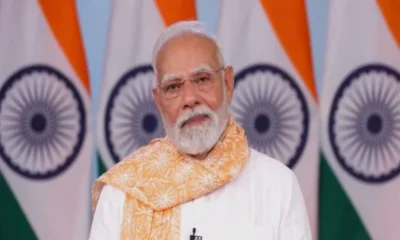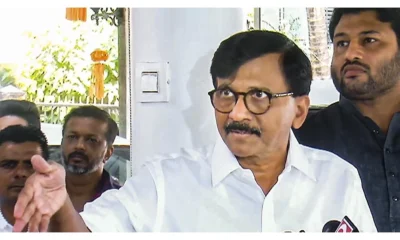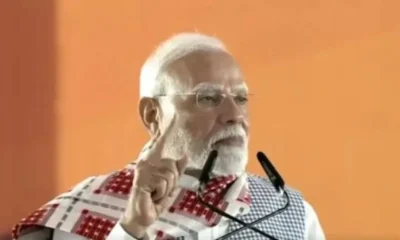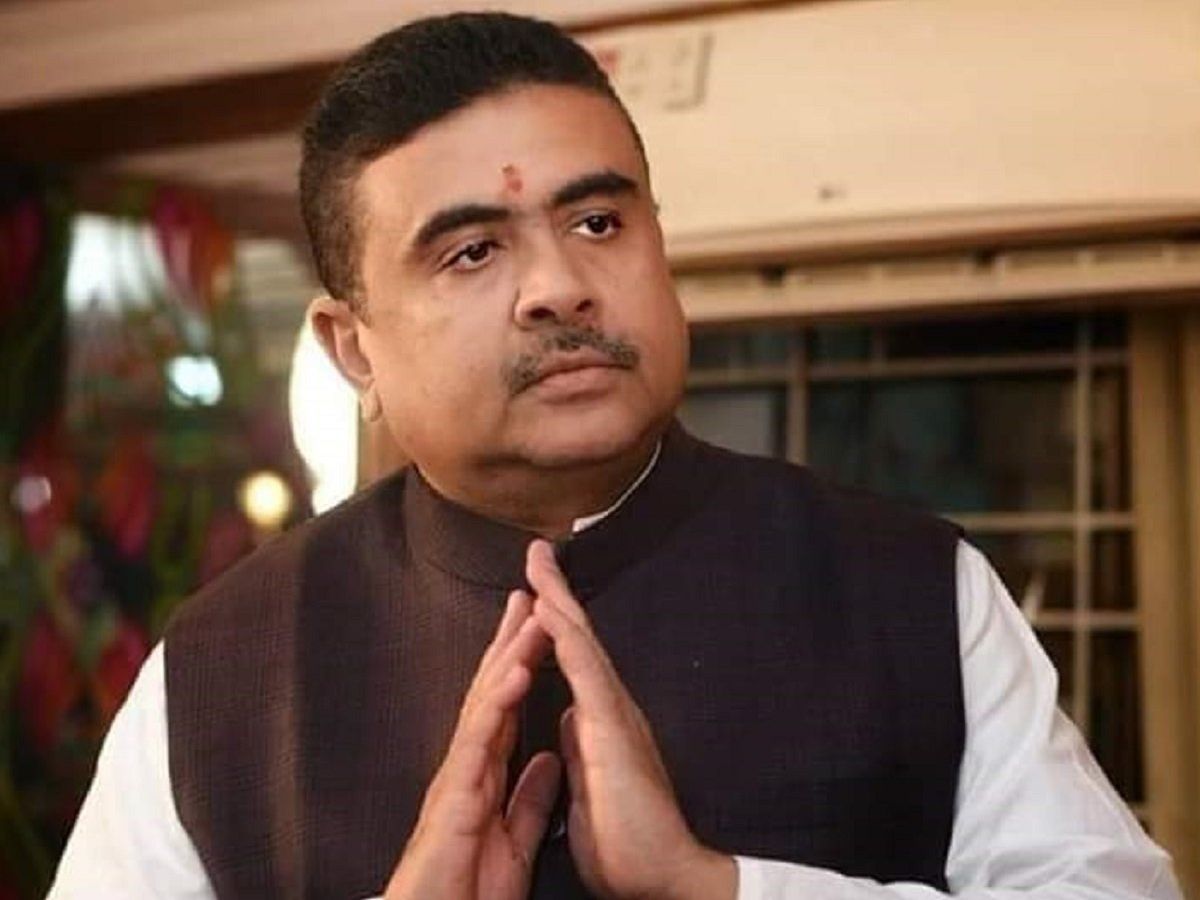[vc_row][vc_column][vc_column_text]Mudda panellists feel dialogue is the essence of democracy, but executive should not get ambitious and try to clip judiciary’s wings
A day after Union Minister Arun Jaitley raised the issue of “judicial activism”, Union Law Minister Ravi Shankar Prasad asked the judiciary to ensure separation of powers between the judiciary, legislature and executive during his address on the occasion of National Law Day.
“Operating according to the principle of separation of powers is equally binding upon the judiciary and is the law of the land,” Prasad said. However, Chief Justice of India Dipak Misra said the judiciary accorded absolute respect to the law ministry. “There should be no battle for supremacy among the three wings and we are bound by the principle of constitutional sovereignty,” he said.
Expressing dismay over the Supreme Court quashing the National Judicial Appointments Commission (NJAC), Prasad said the constitution-makers did not desire that the law minister must remain a post office in the selection of judges. Anchorperson Himanshu Dixit took up the subject at APN’s popular debate Mudda with Ashok Goyal of the BJP, Shahzad Poonawala of the Congress, retired justice RB Mishra, SP Singh, senior advocate, Amir Haider, CPI leader, and Govind Pant Raju, consultant, APN.
Mishra said that the Constitution specifies that judiciary, executive and bureaucracy should be separate and independent, but when the paths cross the courts have the final call on what should be done. He said that the relationship must be based on trust, and talks and deliberations are part of the democratic process.
SP Singh said that in an ongoing clash of opinions, the Supreme Court’s verdict is supreme.
Goyal said that there is no difference of mind in interpreting the Constitution. Democracy entails a system of checks and balances, and the tussle exists because of the very nature of democracy.
Shahzad Poonawala said that the UPA government had proposed the NJAC Bill, but the Modi government put in a veto clause. When that went to the Supreme Court, the collegium system was approved.
Raju maintained that conflict is the spirit of democracy, and all parties should freely express their opinions.
Regarding the appointment of judges, Justice Mishra said that it cannot be said which system is foolproof, and efforts are on to speedily approve the appointments, wherever vacancies exist, to clear the decks. He said that independence of judiciary is the basic structure of the Constitution.
Poonawala said that when cases take too long in courts, it gives rise to vigilante justice, and people take an active part in meting that out. He asked why the executive is trying to blackmail the judiciary.
Goyal said that he agreed with Raju on how dialogue is the essence of judiciary. He said that the BJP government is trying to clear all bottlenecks.
Poonawala read out a list of vacancies existing in various courts in the country. To this, Goyal responded by saying that in Gujarat and Tamil Nadu, evening courts have been set up and there is a proposal to clear cases on Saturdays as well.
Singh said that 80 per cent of the pending litigation is official, or government related. He said that the executive is ambitious, which is why it attacks the judiciary. He said that he is not happy with the law minister’s remarks on Law Day. He said that the constitution has to be saved by the judiciary, so the executive must step back.
Goyal said that the constitution is a living document; it’s a flexible and workable constitution. He said that the minister did not question the nature of the constitution and his comments should be seen in the proper light, which is that they were in the nature of checks and balances.
Justice Mishra said that judges’ appointments are not like taking the Public Service Commission exam, and each appointment has to be selectively investigated on many fronts before it is given the go-ahead, which is why appointments get delayed.
Compiled by Niti Singh Bhandari
[/vc_column_text][/vc_column][/vc_row]


 Entertainment21 hours ago
Entertainment21 hours ago
 India News18 hours ago
India News18 hours ago
 India News14 hours ago
India News14 hours ago
 Latest world news48 mins ago
Latest world news48 mins ago
 Cricket news19 mins ago
Cricket news19 mins ago














